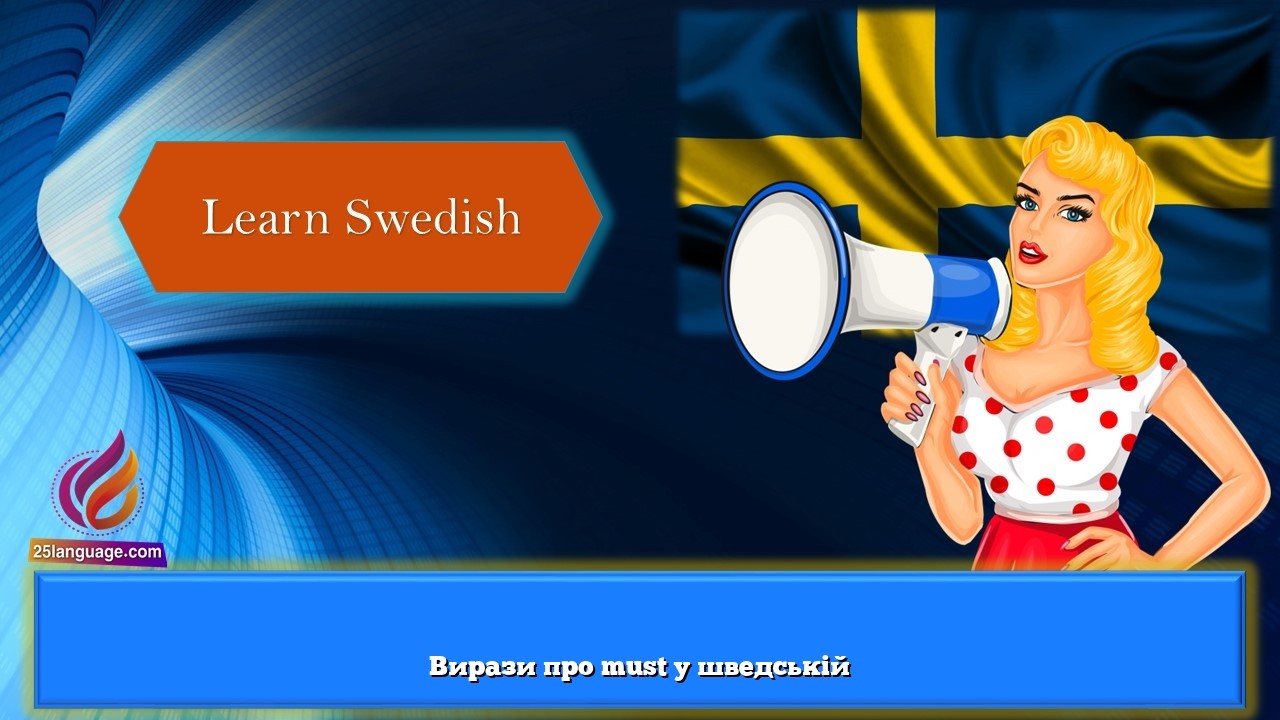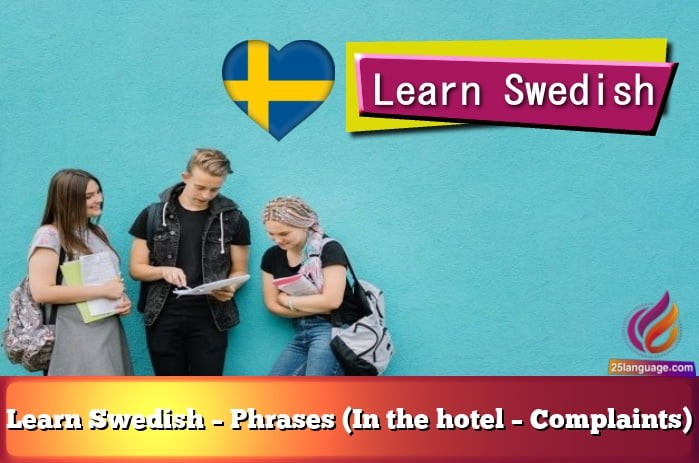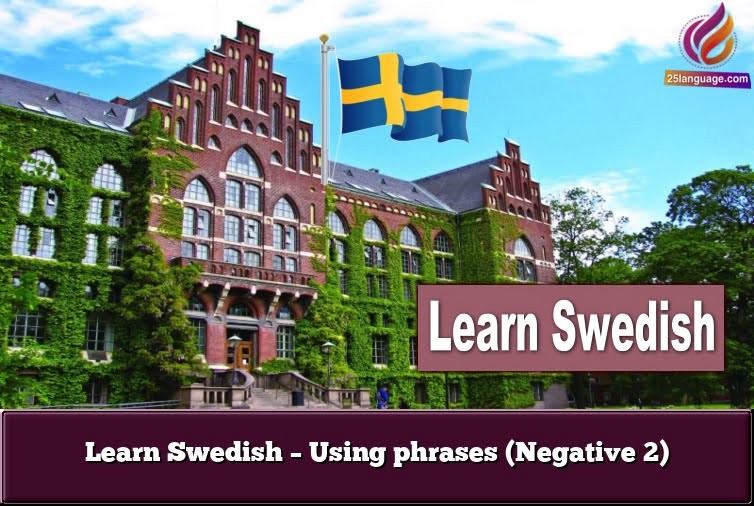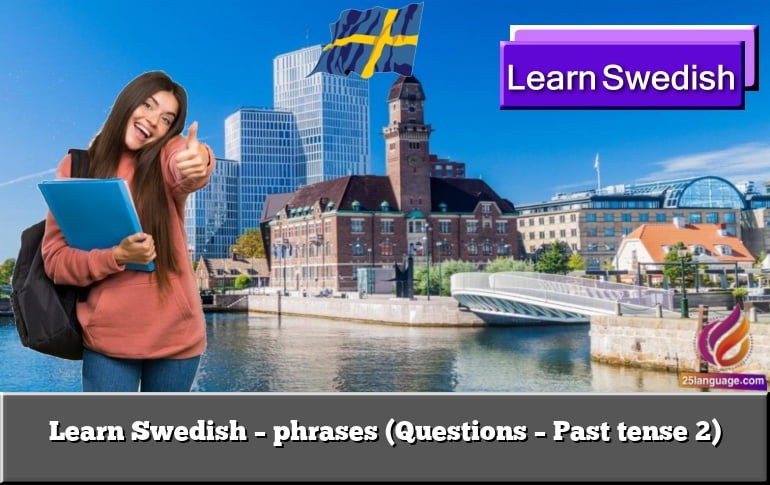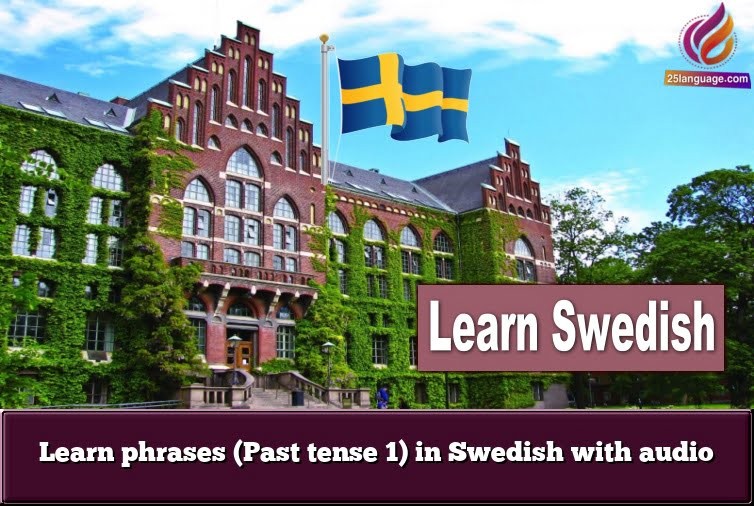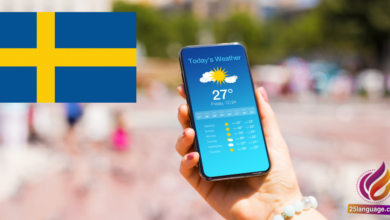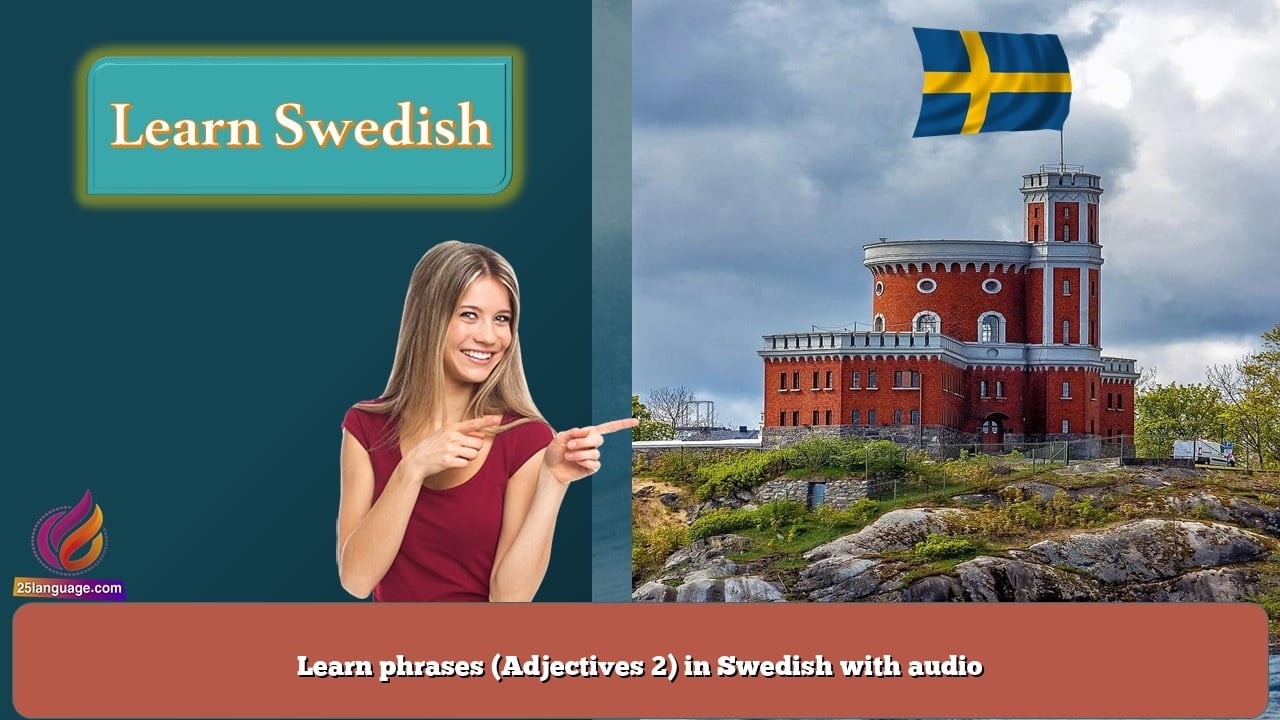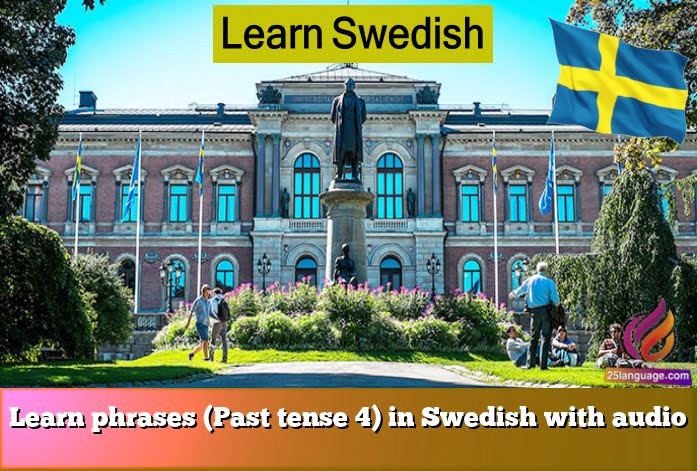yesterday – today – tomorrow phrases in Swedish
Learn the phrases (yesterday - today - tomorrow)

😍😍Hi friends 👍👍Don't forget to listen to the pronunciation 😊Learn Swedish easily😊
Learning phrases related to yesterday, today, and tomorrow in Swedish, or any language for that matter, is important for effective communication and understanding of time-related concepts. Here are a few reasons why learning these phrases is valuable:
- Daily conversations: When speaking with native Swedish speakers or using the language in daily life, you’ll frequently need to refer to past, present, and future events. Using the correct words and phrases for these time references helps you convey your thoughts accurately.
- Asking and answering questions: Being able to understand and respond to questions like “What did you do yesterday?” or “What are your plans for tomorrow?” requires familiarity with the corresponding time-related vocabulary in Swedish. Learning these phrases enables you to engage in meaningful conversations and share your experiences.
| English | Swedish |
|---|---|
| Yesterday | Igår |
| What did you do yesterday? | [responsivevoice voice="Swedish Female" rate="0.8" buttontext="►"]Vad gjorde du igår? |
| I met my friends yesterday. | Jag träffade mina vänner igår. |
| It was raining yesterday. | Det regnade igår. |
| Last night, I watched a movie. | Igår kväll tittade jag på en film. |
| Today | Idag |
| How are you today? | Hur mår du idag? |
| I have a lot to do today. | Jag har mycket att göra idag. |
| Today is sunny and warm. | Idag är det soligt och varmt. |
| I’m going to the gym today. | Jag ska träna på gymmet idag. |
| Tomorrow | Imorgon |
| What are you going to do tomorrow? | Vad ska du göra imorgon? |
| We’re going on a trip tomorrow. | Vi åker på en resa imorgon. |
| Tomorrow is my birthday. | Imorgon är det min födelsedag. |
| I’m going to meet my family tomorrow. | Jag ska träffa min familj imorgon. |
| The day before yesterday | Förrgår |
| The day before yesterday, I went to the cinema. | I förrgår gick jag på bio. |
| The day after tomorrow | Övermorgon |
| We’re going on vacation the day after tomorrow. | Vi åker på semester övermorgon. |
| Where are you now compared to yesterday? | Var är du nu jämfört med igår? |

